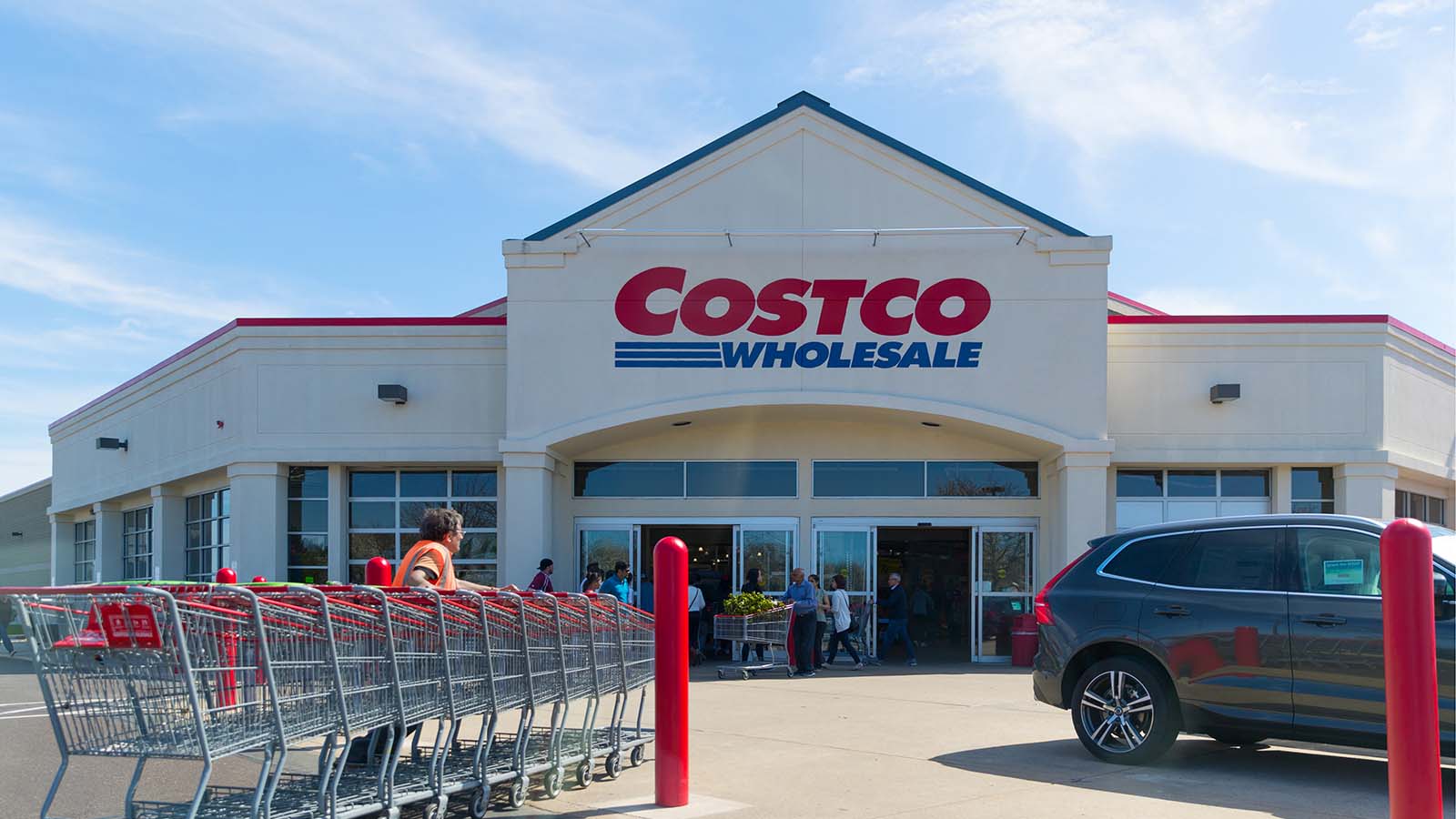- Inflation favors wholesale giant Costco (COST) through 2022.
- Rising sales imply Costco has plenty of price appreciation in store for investors.
- Investors are being rewarded as Costco sends cash back their way amid a boom.
There is little reason to bet against Costco (NASDAQ:COST) stock as the membership warehouse company booms. Followers of the company will be well-aware of the inflation narrative that favors it. That makes it no less powerful a narrative. The company’s rising sales provide evidence that Costco simply makes sense in these very tumultuous times.
Consumers should expect the tumult to continue. That means COST stock will continue to be the beneficiary of a capital inflow. On top of that, the company remains committed to its investors as evidenced by its dividend policy and recent news.
| COST | Costco Wholesale Corporation | $595.47 |
Inflation Play
Simply put, Costco is one of the most obvious stock plays to combat inflation. Just about every reader will have stepped foot into one of its warehouses at one point or another. The bulk goods its sells at discount have never had more appeal. The less valuable our dollars are, the more appealing a trip to Costco becomes.
Given that inflation reached 8.5% in March, Costco is indeed becoming more attractive. The Fed doesn’t look capable of slowing the overheated economy and consumers are seeing the results in food prices that crept up 1.0% between February and March. But don’t be fooled, we’re paying 8.8% more for food than we were a year ago.
So consumers are seeking any way to reduce food prices that they can. According to Bloomberg, inflation expectations aren’t improving. A month ago a survey of 72 economists yielded a belief that the final three months of 2022 would be marked by 4.5% inflation. However, they upped that figure to 5.7% on April 8. That was a few days prior to the release of BLS figures, so the expectations of those surveyed economists could be getting even worse.
The narrative that favors Costco as a champion among all of this is bearing out in increased sales.
Soaring Sales
Costco is experiencing record sales. The Issaquah, Washington firm reported $21.61 billion in sales for the retail month of March. That period measures the five weeks that ended April 3. Importantly, that $21.61 billion figure represents an 18.7% increase in sales year-over-year.
The same is true of another period the company measures, which is the 31 weeks ended April 3. Those sales reached $130 billion, up from $111.37 billion during the same period last year.
It all indicates that Costco stock is benefiting from massive inflation that isn’t slowing soon.
That leads to a question, though: Can COST stock continue to grow given how much it has already grown? I believe the answer is yes. On the one hand, Costco share prices, at $595, are close to the average consensus price of $601.11. They’re close to being fully sold.
But I don’t think that the average consensus price is an accurate reflection of current reality. That price reflects thinking based on ideas from weeks and months ago when inflation wasn’t nearly as prevalent a concern. So I’d guess that the high analyst price of $670 isn’t actually that outlandish. There’s likely upside remaining in COST stock at current prices. In other words, I believe the company could be in for multiple periods of rapidly increasing sales because inflation has been consistently misjudged.
What to Do With COST Stock
I’m not referring to some sort of member discount. Rather, I’m talking about the fact that Costco announced that it has upped its dividend to 90 cents on April 13. That means the investment is more attractive now. And the dividend simply increases the return on investment.
I think COST stock remains a buy even though it is close to being fully sold. I simply don’t think consensus prices accurately reflect reality. Costco is a great inflation play and with inflation simply out of control and remaining unpredictable, Costco will continue to see sales boom.
That means share prices should go up, not down.
On the date of publication, Alex Sirois did not have (either directly or indirectly) any positions in the securities mentioned in this article. The opinions expressed in this article are those of the writer, subject to the InvestorPlace.com Publishing Guidelines.
